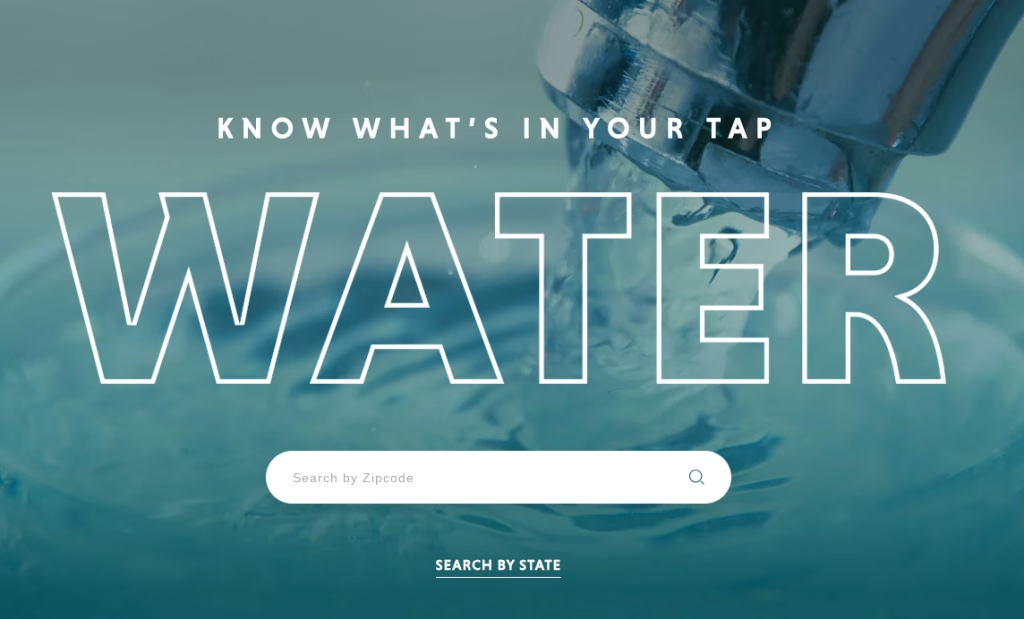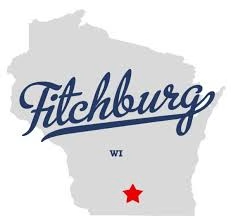
Contaminants of Concern in Fitchburg’s Water
EWG.org Research (via ZIP Code for Fitchburg, WI – 53711)
According to the Environmental Working Group (EWG), Fitchburg’s three primary public water systems show a total of 24 contaminants per the EWG health guidelines. These include cancer-linked substances, disinfection byproducts, and naturally occurring radioactive materials that pose health risks with prolonged exposure.
Total contaminants exceeding health guidelines: 9
Top 10 Contaminants Detected (with tested levels):
- Nitrate – 4.36 ppm (31× EWG guideline)
- Radium (-226 & -228 combined) – 1.27 pCi/L (25×)
- Strontium – 1000 ppb (no federal limit)
- Haloacetic acids (HAA5) – 6.9 ppb (69×)
- Total trihalomethanes (TTHMs) – 18.3 ppb (122×)
- Chromium (hexavalent) – 0.24 ppb (12×)
- Arsenic – 0.45 ppb (4×)
- Vanadium – 0.38 ppb (12×)
- Barium – 100 ppb (below EPA limit, flagged by EWG)
- Manganese – 180 ppb (neurotoxic risk in infants)
Key Notes on Water Findings:
- Nitrate levels are especially concerning due to agricultural runoff in Dane County.
- Radium poses long-term cancer risks and is found across multiple wells.
- Disinfection byproducts (TTHMs and HAA5) form during standard treatment but are linked to bladder cancer.
- Manganese and barium are flagged by EWG as unregulated or loosely regulated substances that may affect vulnerable populations.
- Though Fitchburg’s water complies with federal legal limits, EWG’s stricter standards reveal risks for pregnant women, infants, and immune-compromised individuals.
- Home filtration—especially reverse osmosis and carbon systems—is recommended for protection.
Expert Advice, Exacting Science.
Get a Free Water Test in Fitchburg
Wondering what’s in your water? Schedule a free in-home water test and get professional insight into your home’s water quality. Our local team will test your water and recommend the right solution based on your results.
No pressure. Just clear answers and better water.
Call (262) 549-7733 or use our easy online scheduler now!
